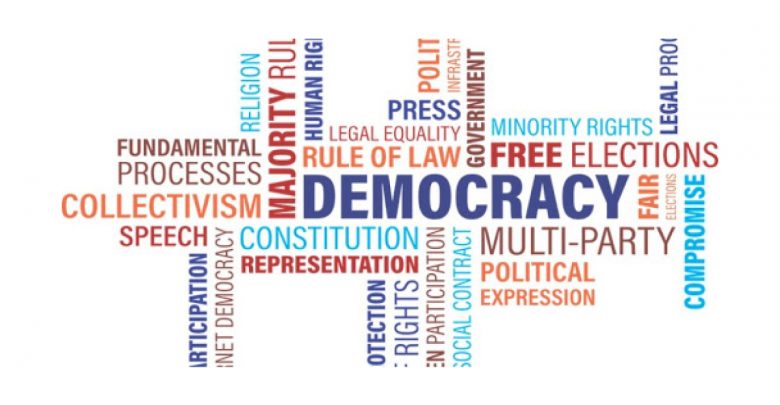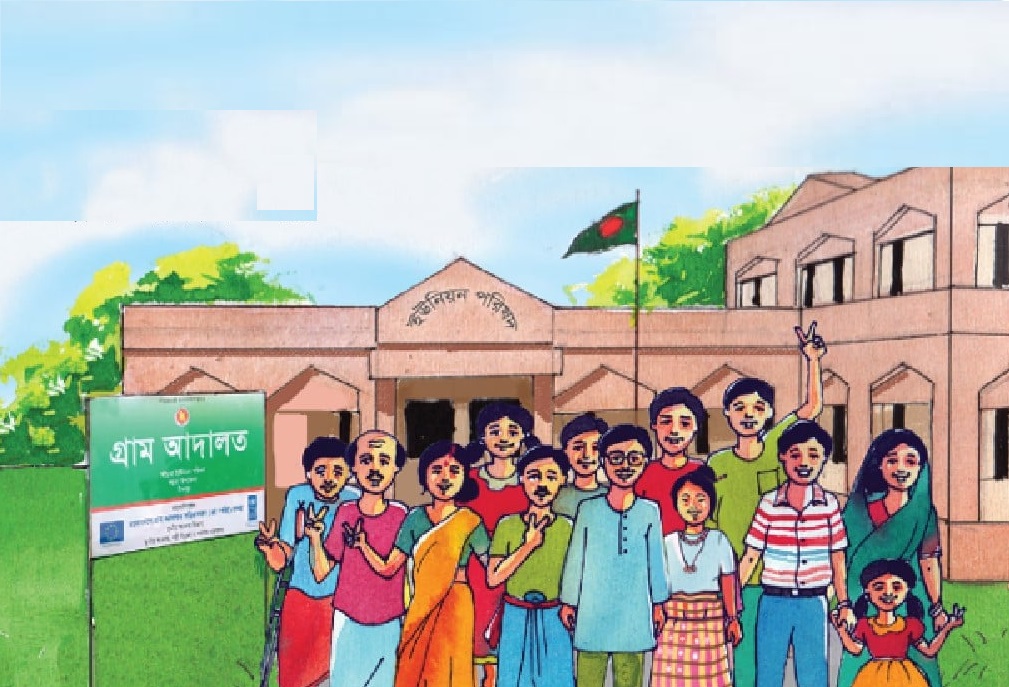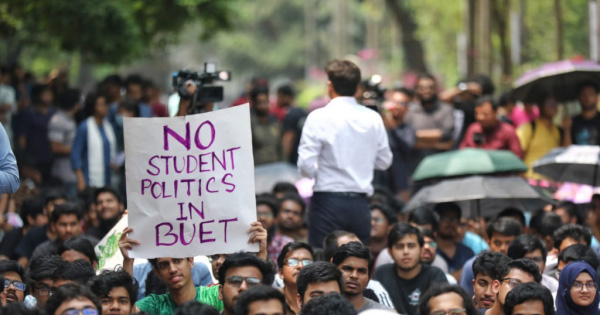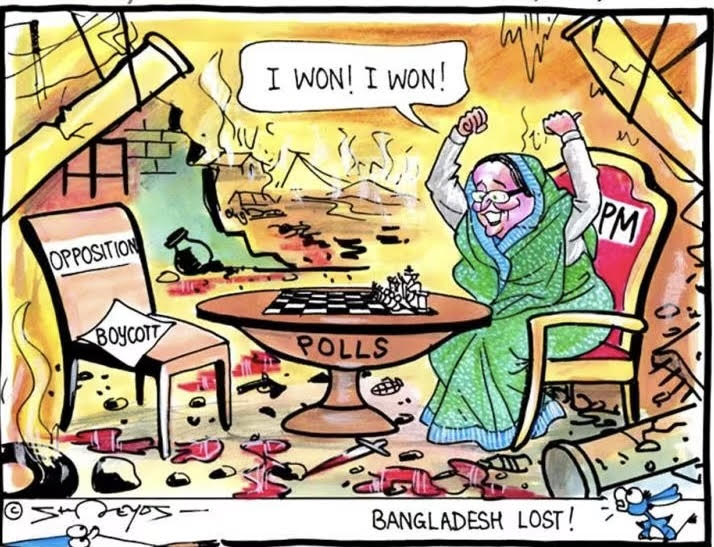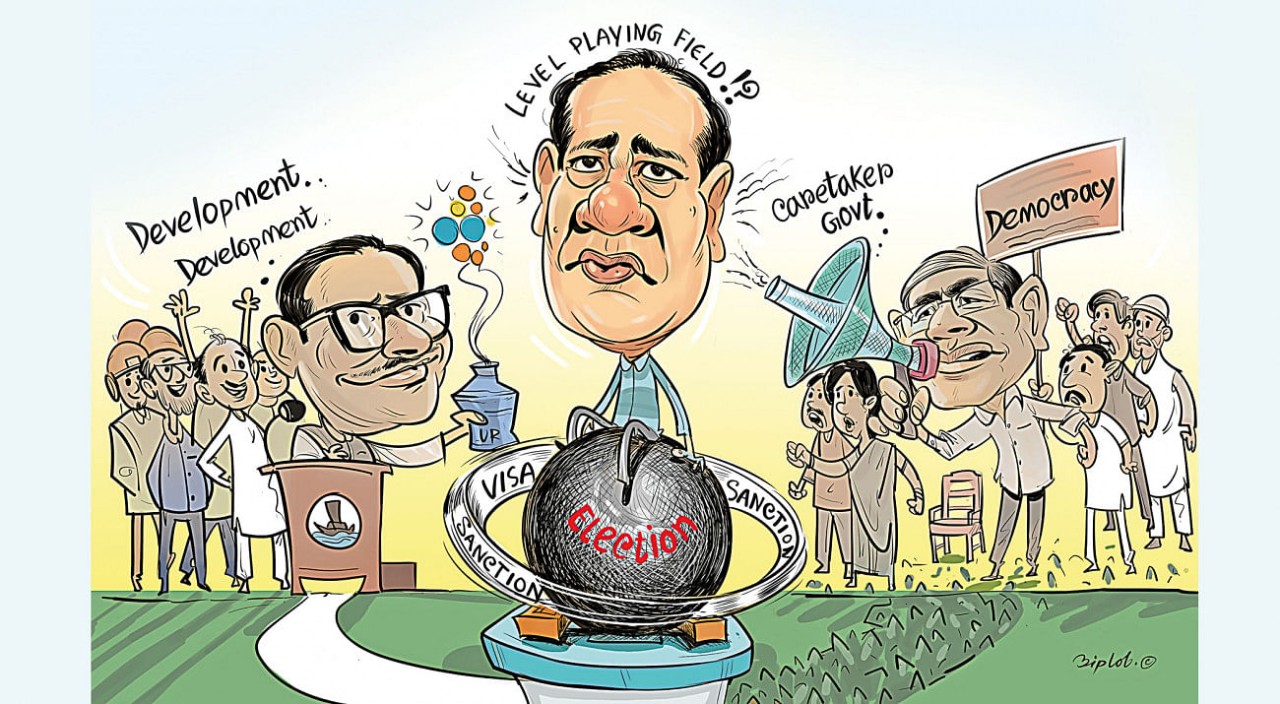Bangladesh’s political landscape is a rich tapestry woven with the threads of history, culture, and democracy. In recent times, the country’s political scene has been dominated by the formidable presence of Prime Minister Sheikh Hasina and her Awami League party. However, beneath the facade of electoral victories and political stability lies a complex landscape riddled with challenges and controversies.
The most recent electoral triumph of Prime Minister Sheikh Hasina and her Awami League party has once again underscored their dominance in Bangladeshi politics. The landslide victory in the polls solidified their grip on power, leaving opposition parties, particularly the Bangladesh Nationalist Party (BNP), marginalized and struggling to find their footing in the political arena. The absence of a robust opposition has raised concerns about the health of democracy in Bangladesh, as checks and balances are essential for the functioning of a vibrant democratic system.
Yet, the road to victory for Sheikh Hasina has not been without its share of controversies. Allegations of electoral irregularities and voter intimidation have marred the legitimacy of the election results. Reports of ballot stuffing, coercion, and violence have cast doubts on the fairness and transparency of the electoral process. Despite assurances from the government and electoral authorities, skepticism lingers among both domestic and international observers, undermining confidence in the country’s democratic institutions.
Moreover, the erosion of civil liberties and the suppression of dissenting voices have further exacerbated concerns about the state of democracy in Bangladesh. The crackdown on opposition leaders, activists, and journalists has stifled political discourse and freedom of expression. The arbitrary arrests, harassment, and imprisonment of individuals critical of the government have created a climate of fear and intimidation, discouraging dissent.
In addition to political repression, Bangladesh has grappled with socio-economic challenges that have shaped its political landscape. Issues such as poverty, inequality, corruption, and infrastructure deficits have fueled discontent among the populace, providing fertile ground for political unrest and instability. The government’s response to these challenges, including its efforts to address economic development and social welfare, has been met with mixed reactions, reflecting the complexities of governance in a developing country like Bangladesh.
Amidst these challenges, civil society organizations, human rights activists, and grassroots movements have emerged as bulwarks of democracy, tirelessly advocating for accountability, transparency, and social justice. Their efforts to hold the government accountable, protect human rights, and promote democratic values serve as a beacon of hope in an otherwise uncertain political landscape. Despite facing threats, harassment, and persecution, these brave individuals and organizations continue to champion the cause of democracy, inspiring others to join their struggle for a better Bangladesh.
Looking ahead, Bangladesh stands at a crossroads, facing formidable challenges and opportunities that will shape its political trajectory in the years to come. The choices made by its leaders and citizens will determine whether the country moves towards greater democracy, inclusivity, and prosperity or descends into authoritarianism, instability, and stagnation. In this critical juncture, the voices of the people must be heard, and their rights and freedoms protected, to ensure a future where democracy thrives and Bangladesh realizes its full potential as a vibrant and resilient nation.
The recent incidents in the Rohingya refugee camps in Cox’s Bazar district add another layer of complexity to Bangladesh’s political landscape. The violence and turmoil in these camps highlight the humanitarian crisis faced by Rohingya refugees and the challenges of managing such large-scale displacement. The clashes between different Rohingya factions, such as the Arakan Rohingya Salvation Army (ARSA) and the Rohingya Solidarity Organization, underscore the volatile dynamics within the refugee community and the struggle for power and control even in the midst of adversity.
The brutal attacks, including stabbings, gunfights, and kidnappings, reflect the underlying tensions and rivalries among various groups vying for dominance within the camps. The involvement of armed groups and criminal gangs exacerbates the insecurity and vulnerability of the Rohingya refugees, who have already endured immense suffering and trauma.
Furthermore, the reports of sexual violence and exploitation against Rohingya women and girls add a distressing dimension to the crisis, highlighting the pervasive impunity and lack of protection for vulnerable populations. The survivors’ struggles to access justice and support underscore the failures of the authorities and humanitarian agencies in addressing the needs and rights of Rohingya refugees.
These incidents serve as a stark reminder of the interconnectedness of political, social, and humanitarian challenges in Bangladesh. The government’s response to the Rohingya crisis, including its policies on refugee management and international cooperation, will shape not only the fate of the Rohingya refugees but also the country’s reputation and standing in the global community.
In conclusion, Bangladesh’s political landscape is a complex tapestry woven with multiple threads of challenges and opportunities. The recent electoral victories of Prime Minister Sheikh Hasina have reaffirmed her political dominance but have also exposed the fragility of democracy in the country. The violence and turmoil in the Rohingya refugee camps further underscore the urgent need for effective governance, accountability, and respect for human rights. Only through genuine commitment to democratic principles, inclusive governance, and meaningful dialogue can Bangladesh overcome its challenges and build a brighter future for all its citizens, including the Rohingya refugees who have sought sanctuary within its borders.

